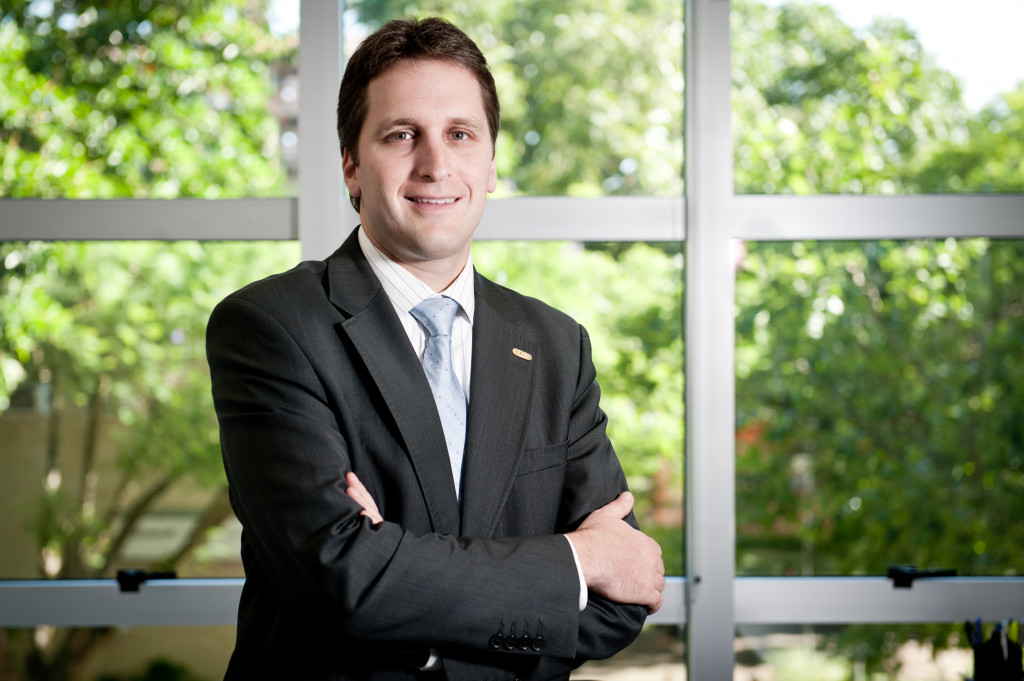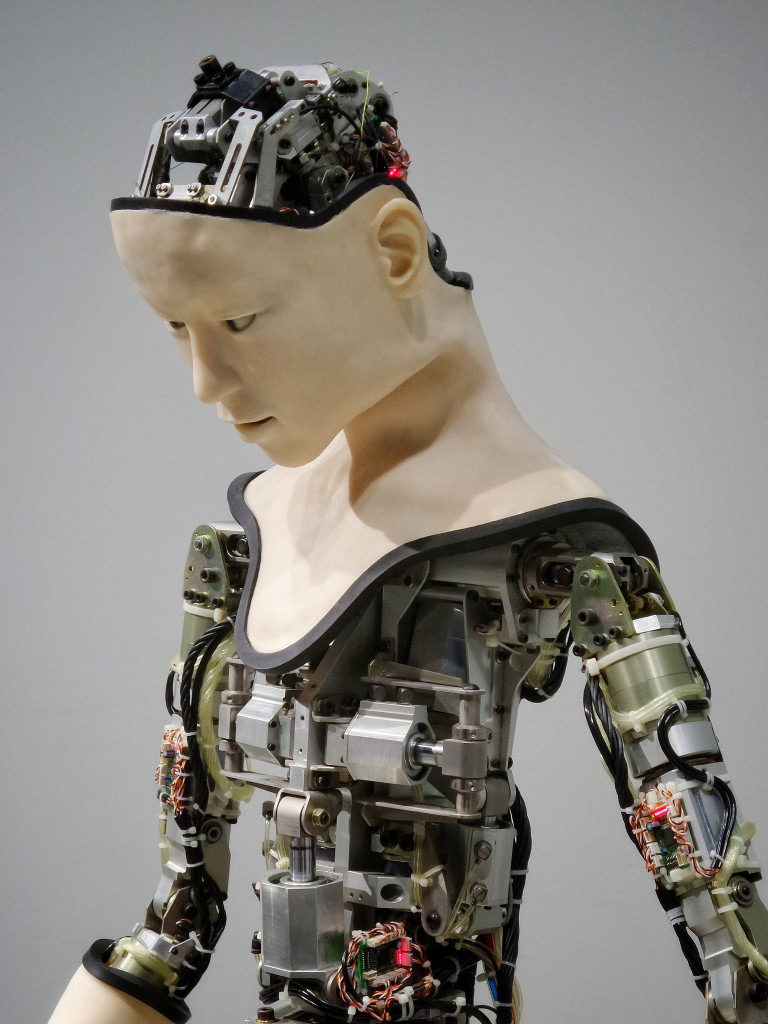The future is a reality now
BY RAFAEL PRIKLADNICKI - Director of the Science and Technology Park (Tecnopuc)Although the title of this report contains the word future, I would like to make it clear that much of what we are talking about now is a reality. This is so because the world is changing at an unprecedented pace. The speed of the transition from the industrial revolution to digital revolution has been exponentially higher than that of the transition from the agricultural to the industrial revolution. The next two decades will be different from everything we have experienced over the last 100 years.
We are talking about multi-level disruption. Organizations working in networks rather than in a linear and hierarchical fashion. And a real technological revolution is around us. Futurists say that this disruption will speed up and change the way people live their lives in cities ompletely.
It will also affect their relationships, patterns of collaboration, entrepreneurial attitude and learning styles. They also claim that the world today operates in a more open logic as individuals collaborate and, most importantly, as resources abound.
That is what we heard at PUCRS, earlier in May, when we opened our doors to the Vice President of HP Inc., Doug Warner, at Tecnopuc. The executive shared his views about the future of technology and how this affects the strategic directions these professionals need to take.
That is not something new. But some of the things he said called my attention. Disruptive technologies are not always obvious. And there are many fallacious predictions to them. That was the case of, for instance, Marity Cooper, who invented the cell phone. In 1981 he anticipated that cell phones would not replace landlines. We know how the story ended. In the future, there is a lot of room for potential and development, disruptive innovation and technology. The economy of the 21st century is guided by knowledge, entrepreneurship and innovation.
And we must understand it and keep up with it otherwise we will lag behind. So, what should we do to get ready for this new world? Are our professions going to come to an end? Yes! Robots will be regarded as workforce as a company’s employees are today. Simple like that. Then, we can anticipate that some jobs will be absorbed by technology, but we cannot anticipate which jobs will emerge.
What we ought to understand is that technology is having us revisit some professions, some more than the others. Top models, telephone operators, drivers, assistants and secretaries (Have you heard about https://claralabs.com/ or Google Duplex?). And son on and so forth.
But technology is a means. And as some jobs will cease to exist, others will emerge. We know that we need a different form of education for these new jobs. And these include the makers, the tutors, active methodologies and education through research. And also an approach more in line with the contemporary world. The robots that make us more concerned about things will actually make us more humane. They will make us work smartly and develop our intellectual potential. And we must be aware that we will be surrounded by technology. But bear in mind that in ten years from now, or even earlier, we will probably be discussing the impacts of this technology in everyone’s professional practices.
So, what are we supposed to do today? I am going to make some suggestions: 1)Being exponential is key. We must seek continuous professional development. 2) Make mistakes. To make mistakes is to learn not to fail. In a few years’ time, everyone will be working to learn rather than learning to work. 3) Creativity, empathy and courage are some of the skills of the future. And 4) Start to envision your career, your professions under a different perspective.
How? By looking at Law under the perspective of Artificial Intelligence; Psychology under the perspective of Engineering. Computer Science under the perspective of Sociology; Communications under the perspective of Business Administration; Medicine under the perspective of Philosophy! I saw this reality in 2016, when I shared the stage of the project Fé e Cultura with my colleague Chico Kern, from the School of Humanities. As a School of Technology faculty, I saw him talk about the future of labor, under the technological and human perspective. Innovative and social. The conclusion we reached was that the world is increasingly diverse, connected and interdisciplinary. And the most important opportunities will emerge from that. And the most important professions will emerge from that. In a future that is now a reality. Good luck!





